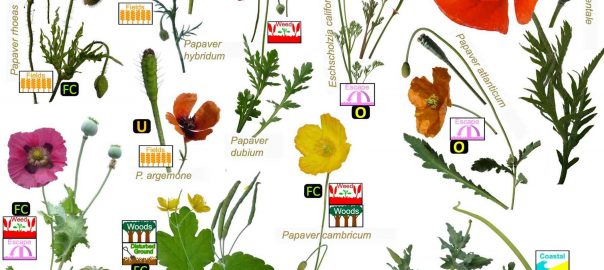Torkel Klingberg, Karolinska Institutet and Samson Nivins, Karolinska Institutet
The digital revolution has become a vast, unplanned experiment – and children are its most exposed participants. As ADHD diagnoses rise around the world, a key question has emerged: could the growing use of digital devices be playing a role?











